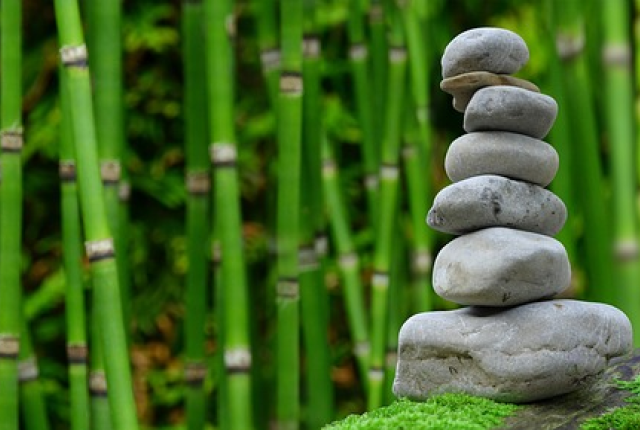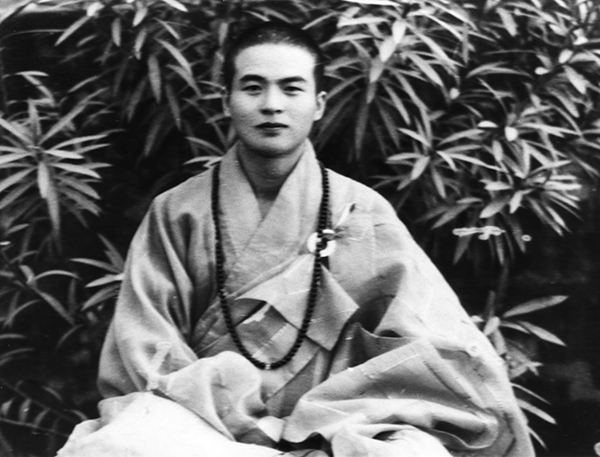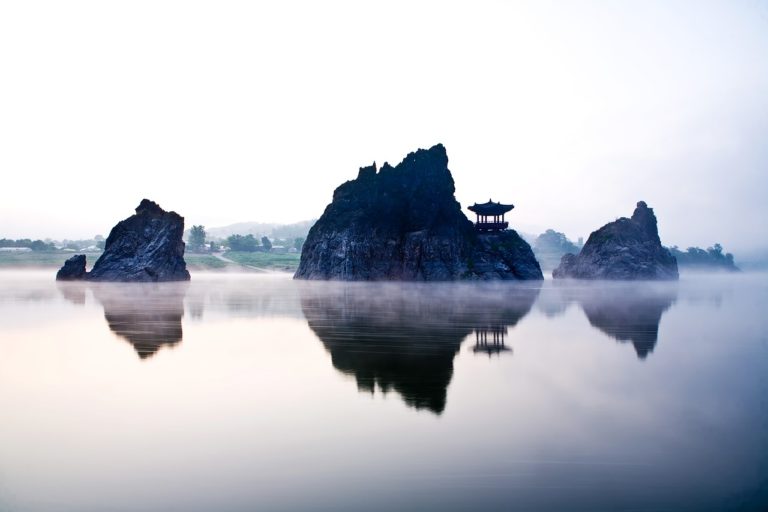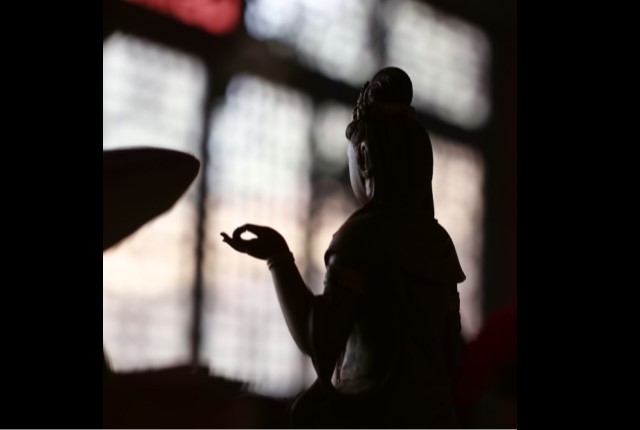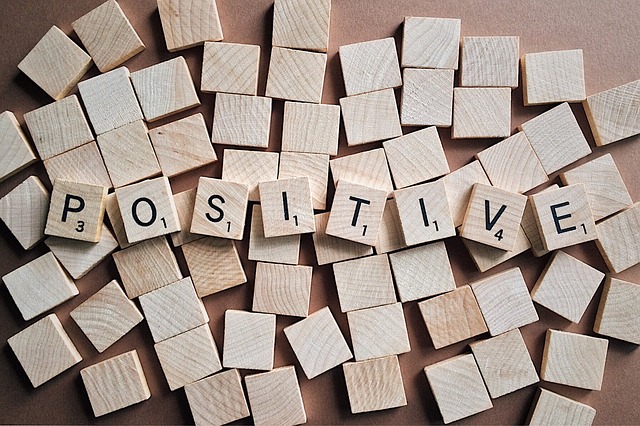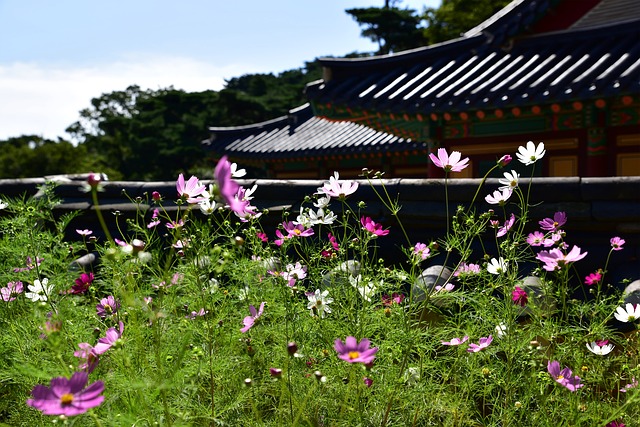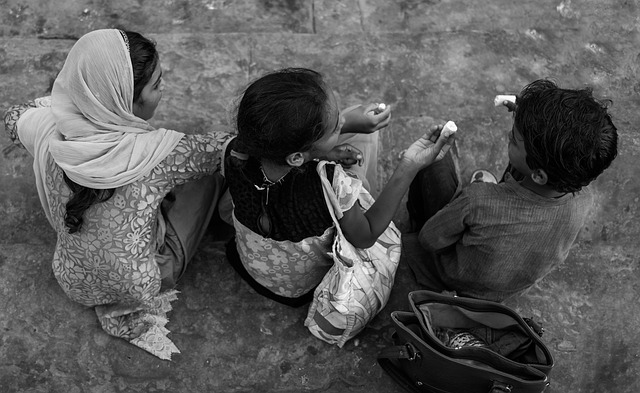Do you feel inspired when you see people help each other? Not everyone is. Some people may look at a generous donation and say, “Donating such a small amount of money is nothing extraordinary for such a rich person.” When other people suffer from disasters and pain like the many people killed in the South Asian tsunami and earthquakes, don’t you feel for them? Doesn’t it make you think, “What would it be like if I were in that position?”
“If I were the person who is suffering, wouldn’t I hope for the compassion of others?”
People often say that it is hard to be compassionate. How can
we be more compassionate to others? We can begin by placing ourselves in others’ shoes. Think, “If I were the person who is suffering, wouldn’t I hope for the compassion of others?”
Inspiration comes from our interaction with others. When I see people do good deeds, I feel moved. When I see people suffering, I feel compassion. What is important is that, in our actions, we try to touch the hearts of others and feel that sense of purity ourselves.
Take a moment and think about all the kind words you can say to move other people, and all the good deeds that can affect others. Life will lose its meaning if what we do and what we speak cannot touch others.
It is a beautiful thing to touch people’s hearts, as is being moved by others. We could say that all the touching moments put together is what makes this world a beautiful place.
Why is it that when seeing the plot unfold during certain movies or performances, we cannot help but to cry? This is because we feel a connection to the people on screen. Some people are even moved to tears when hearing the pure and tranquil sounds of Buddhist chanting.
From Endless Knot, by Venerable Master Hsing Yun.
Image from Pixabay.



